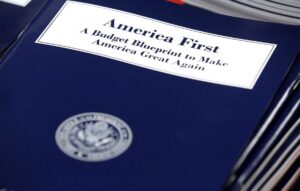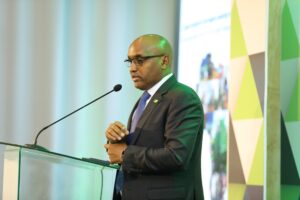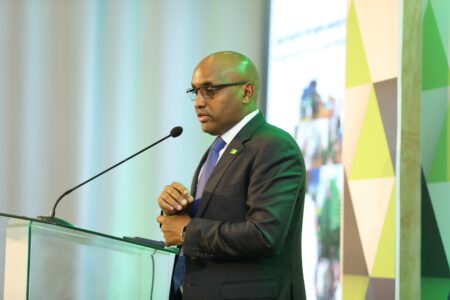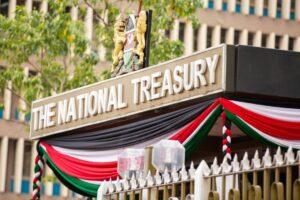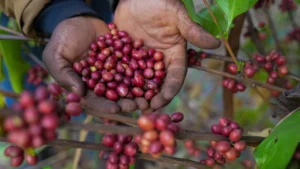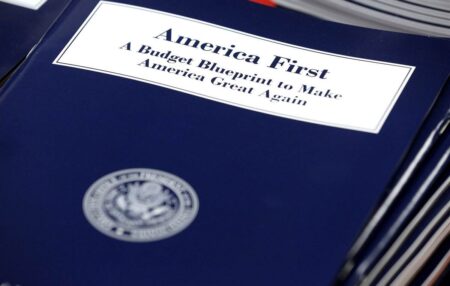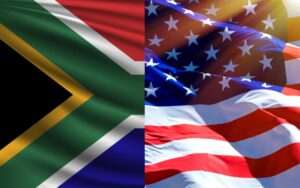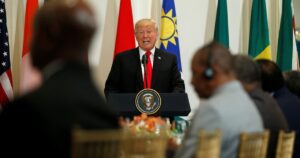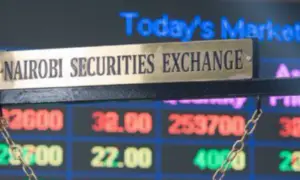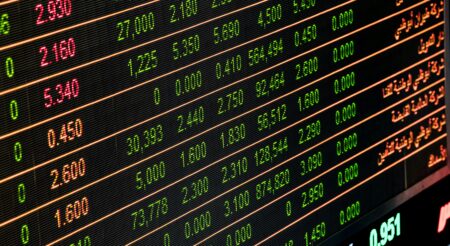Aramco CEO says the energy industry should “abandon the fantasy of phasing out fossil fuels.”. At the moment, green energy solutions are too expensive for commercial viability. For Africa, while leaders welcome green energy investments, they continue to sign ambitious investments to explore oil &…
UN requires G7 countries to commit 0.7% of their Gross National Income to development aid. However, the US is the…
Tanzania has entered into an agreement to build a 5000 capacity conference centers in Arusha city. New facility named Mount…
The Board has proposed a final dividend of $0.012 per share, bringing the total payout for the year to $0.023…
Kenya and the UK are equipping officials with policy tools aimed at improving regulatory environment to attract investment and growth.…
The Board has proposed a final dividend of $0.012 per share, bringing…
Featured
Through PPPs, smart financing models, and new policies, Zambia is positioning itself…
Industry & Trade
Africa will eventually rely primarily on renewable energy, as much of the…
Countries
UN requires G7 countries to commit 0.7% of their Gross National Income to development aid. However, the US is the largest donor of international…
As more countries choose gold over dollar for national reserve, Tanzania is requiring…
International aid and loans to Africa are based on a false (mathematical)…
Trump’s escalating aid cuts are crippling global humanitarian efforts, with the UN’s…
Regional Markets
Under a new COMESA programme, farmers in the five East African countries are expected to access quality seeds, and training…
Tech & Innovation
The funding round was led by QED Investors, with participation from Norrsken22, alongside follow-on investment from Ventures Platform, P1 Ventures, and Seedstars. This equity-based capital injection…
Editor's Picks
Through PPPs, smart financing models, and new policies, Zambia is positioning itself…
Africa
UN requires G7 countries to commit 0.7% of their Gross National Income…
Industry & trade
Global leaders, government officials, policymakers, top investors, business executives set to meet…
Money Deals
Within the financial history of Africa, the last 10 years have witnessed…
Investing
Aramco CEO says the energy industry should “abandon the fantasy of phasing…
Gleichzeitig wie die Entwicklung innovativer Zahlungslösungen wie EPS, entwickelt sich auch die Berichterstattung über Afrikanische Nachrichten rasant weiter. Afrikanische Nachrichtenplattformen bieten wertvolle Einblicke in die wirtschaftlichen, politischen und kulturellen Entwicklungen des Kontinents. Sie bringen Geschichten von Fortschritt, Herausforderungen und Erfolgen aus verschiedenen Regionen Afrikas, die oft in den globalen Medien unterrepräsentiert sind. Durch den Zugang zu diesen Nachrichtenquellen können Menschen weltweit ein besseres Verständnis für die dynamischen Veränderungen und das enorme Potenzial Afrikas gewinnen.
Die Kombination aus modernem Zahlungsverkehr wie EPS und der Berichterstattung über Afrika zeigt, wie Technologie und Information dazu beitragen können, die Welt sicherer, transparenter und vernetzter zu machen.

